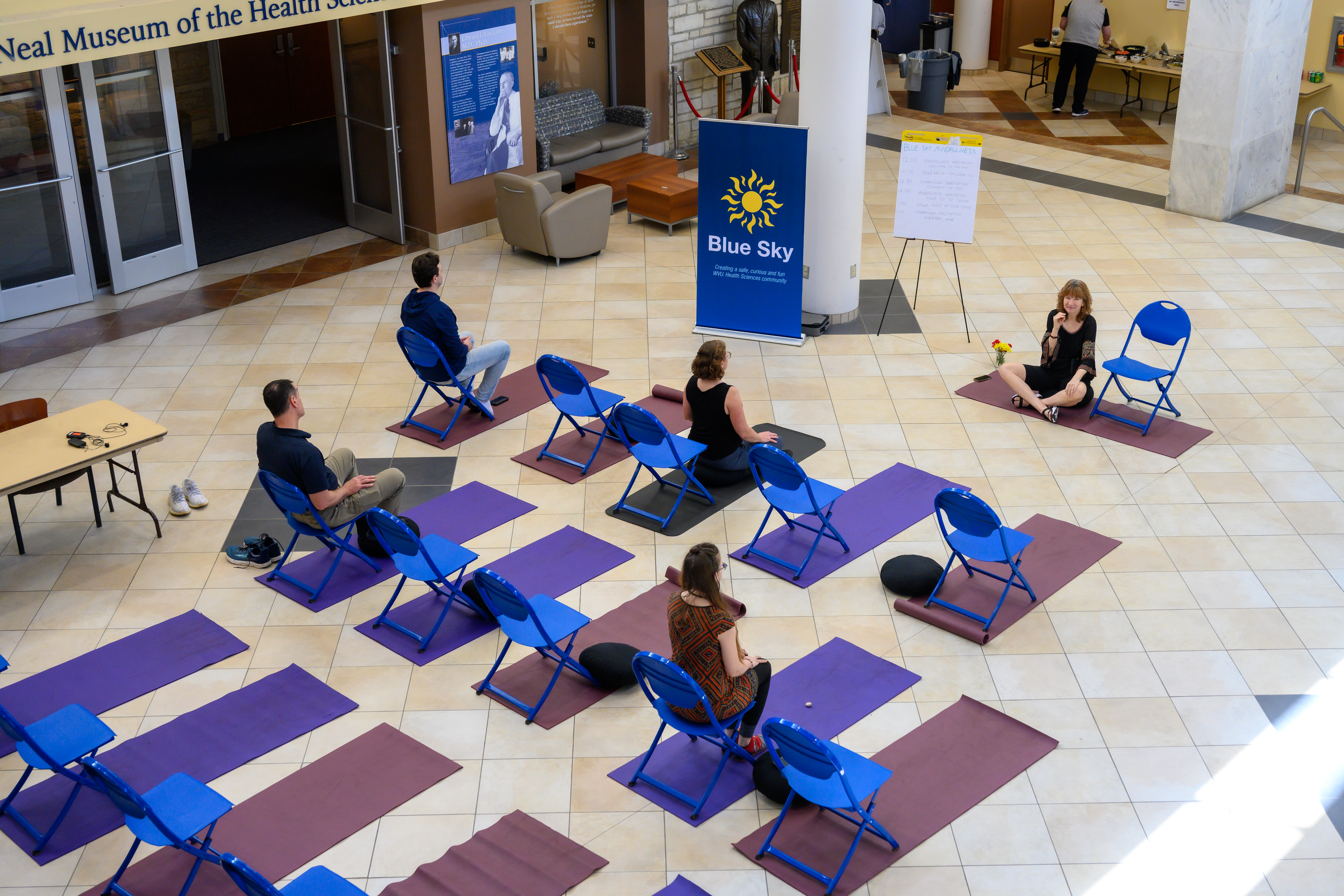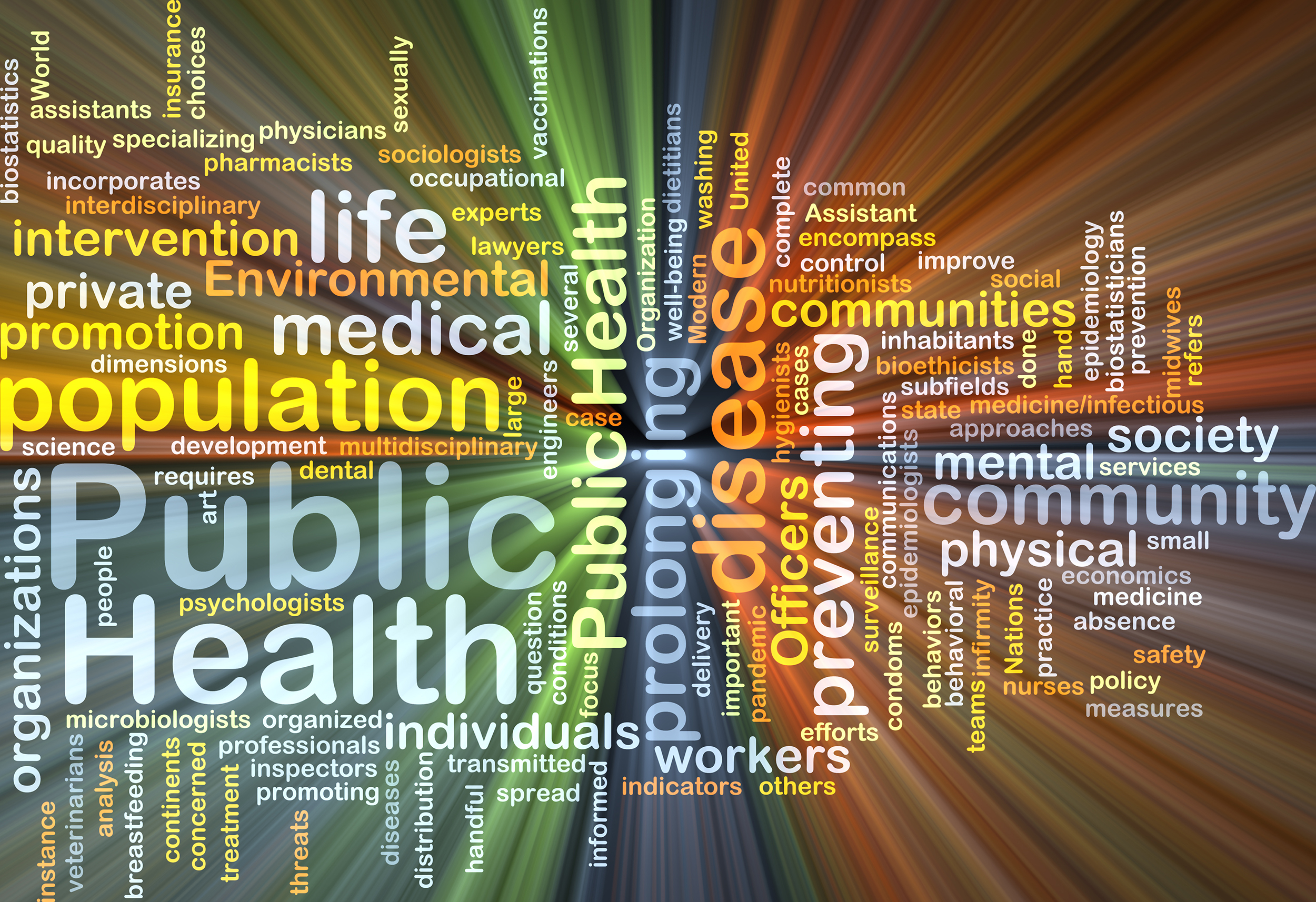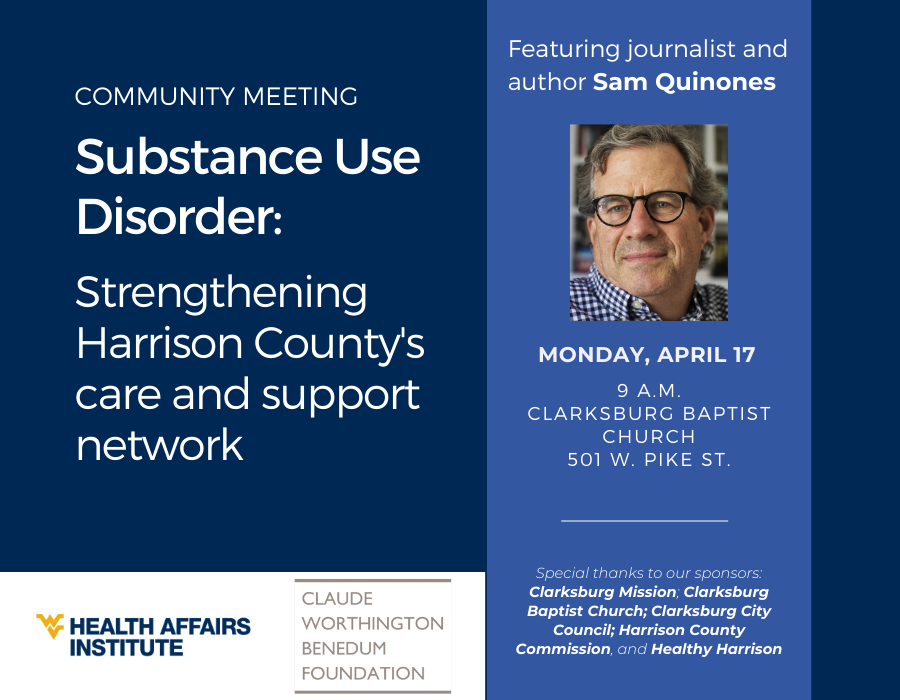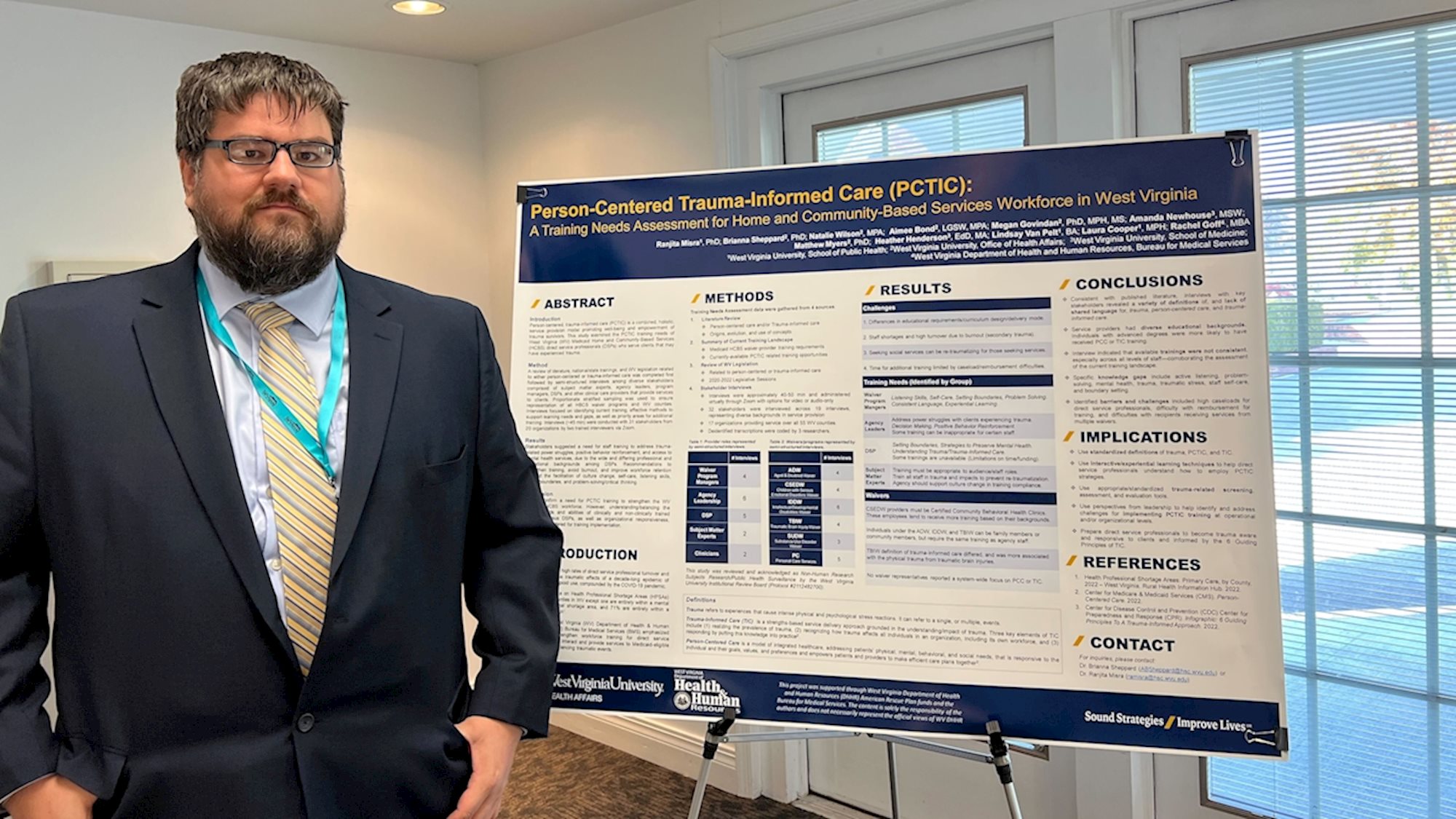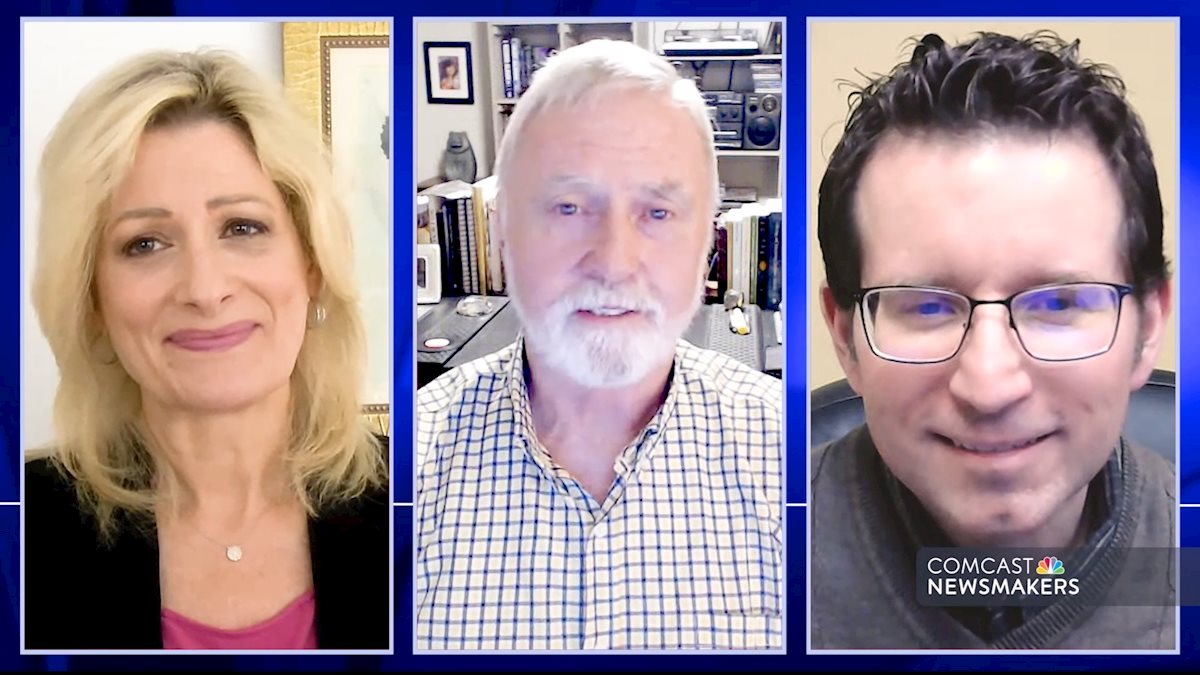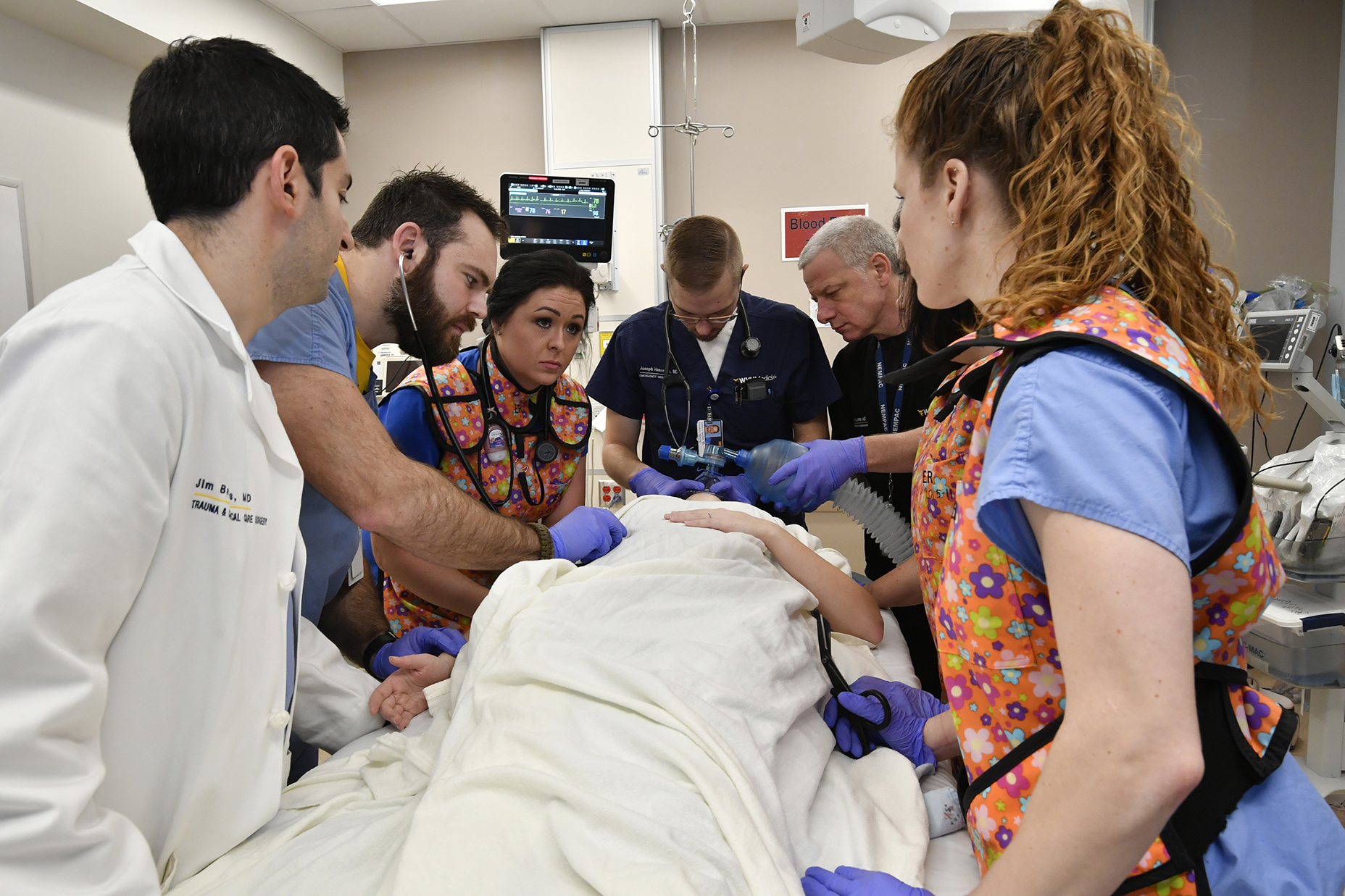Substance Use Disorder Treatment Month: Health Affairs Institute projects making an impact
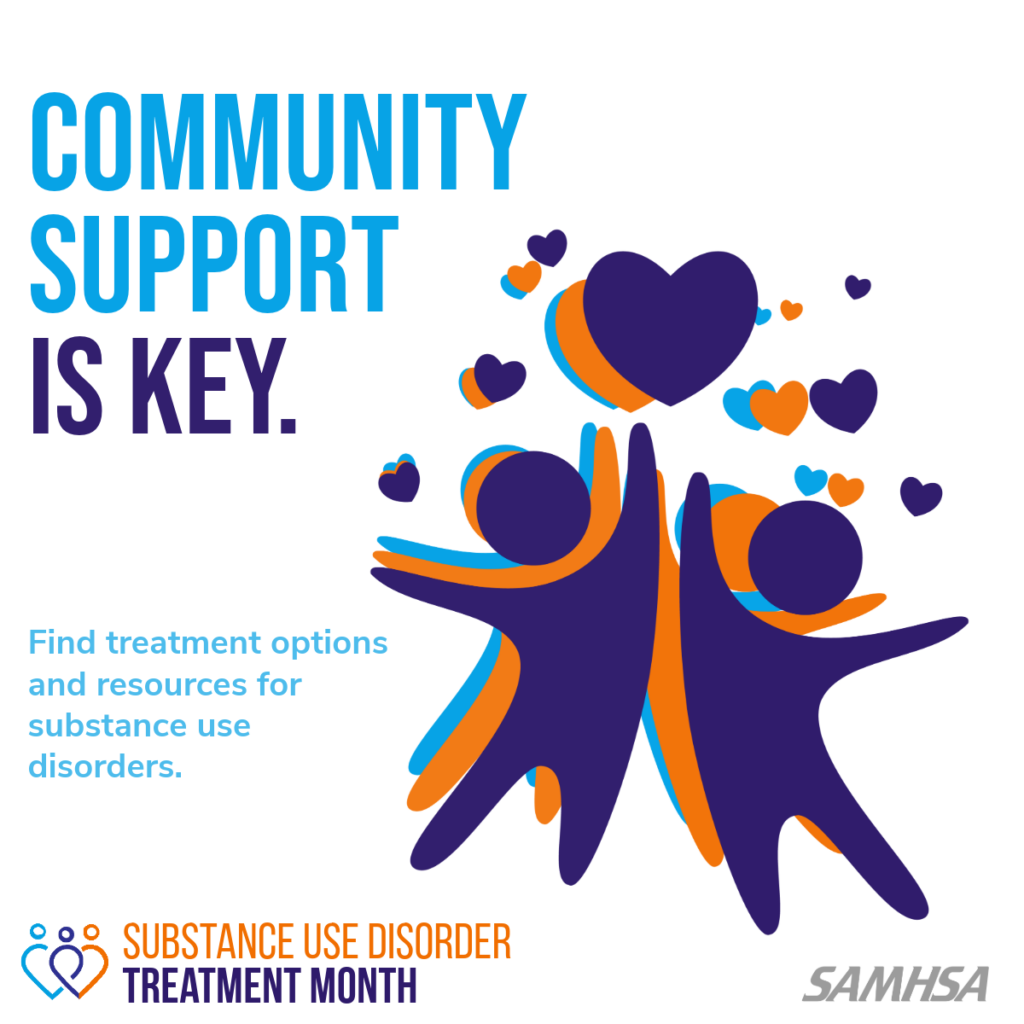 This month, the Center for Substance Abuse Treatment at the Substance Abuse and Mental Health Services Administration (SAMHSA) kicked off the first national Substance Use Disorder Treatment Month – a time to raise awareness of the benefits and availability of evidence-based treatments for people with a substance use disorder. By raising awareness of treatment, including medications to treat substance use disorders, SAMHSA seeks to eliminate stigma surrounding treatment, including medications used to treat substance use disorders, encourage those on their treatment and recovery journey, and promote best practices such as screening, intervention, and treatment of substance use disorders by healthcare providers.
This month, the Center for Substance Abuse Treatment at the Substance Abuse and Mental Health Services Administration (SAMHSA) kicked off the first national Substance Use Disorder Treatment Month – a time to raise awareness of the benefits and availability of evidence-based treatments for people with a substance use disorder. By raising awareness of treatment, including medications to treat substance use disorders, SAMHSA seeks to eliminate stigma surrounding treatment, including medications used to treat substance use disorders, encourage those on their treatment and recovery journey, and promote best practices such as screening, intervention, and treatment of substance use disorders by healthcare providers.
In honor of the first Substance Use Disorder Treatment Month, West Virginia University (WVU) Health Affairs Institute (HAI) is highlighting some of its efforts to support the State’s ongoing commitment to SUD prevention and treatment in West Virginia.
Medicaid 1115 SUD Waiver Evaluation #2
The West Virginia Department of Human Services (DoHS) Bureau for Medical Services (BMS) was awarded a new 1115 Waiver for the Medicaid program to help address substance use disorder (SUD) in the State. As part of this waiver, the Centers for Medicare and Medicaid Services (CMS) at the federal level requires a robust external evaluation of waiver activities. West Virginia University (WVU) currently has a formal collaborative agreement in place to provide services to DoHS, and this evaluation will build upon this agreement. WVU has developed a comprehensive draft evaluation for the previous 1115 Waiver to expand treatment for SUD in the State to meet the federal and state requirements for the Waiver. This evaluation will inform long-term program improvement, and program processes and outcomes.
WVU Health Affairs Institute (HAI) is developing a comprehensive evaluation plan for the new 1115 SUD Waiver, which began in January 2025 and includes additional Medicaid-covered services. This includes post-incarceration reentry support, as well as coverage of supportive housing and employment. In addition, peer recovery support services will be expanded. As part of the evaluation plan development, the team will identify measures to capture changes to supply, utilization, and outcomes among the Medicaid population. The team will also develop a plan for data collection and analysis related to new services.
Medicaid Opioid Use Disorder Treatment Outcomes and Recovery (MOTOR)
BMS has taken great strides in recent years to increase the availability of opioid use disorder (OUD) treatment for Medicaid beneficiaries. BMS is responsible for the administration of Medicaid benefits in West Virginia and BMS covers all three Federal Drug Administration (FDA) approved medications for opioid use disorder (MOUD)—buprenorphine, methadone, and naltrexone. Despite evidence of decreased mortality when MOUD is included as part of OUD treatment and for a variety of reasons including stigma, patient preference, and access, some Medicaid beneficiaries forgo MOUD as part of treatment.
HAI was contracted by BMS to conduct an evaluation of Medicaid Opioid Use Disorder Treatment Outcomes and Recovery (MOTOR) for the WV Medicaid population. From 2019 through 2024, HAI has conducted comprehensive evaluations of patient and provider experiences and outcomes, including Medicaid beneficiaries’ experiences compared to patients receiving other forms of MOUD or abstinence-based treatment. In Phase 4 of the project, HAI developed baseline measures and a more holistic understanding of access to OUD treatment that included MOUD for WV Medicaid beneficiaries based on prescriber and pharmacy capacity and willingness, geographic location of service, opportunity and out-of-pockets costs, stigma, and availability of support networks.
In the MOTOR project’s current Phase Five, HAI is evaluating the treatment of OUD with medications such as methadone, naltrexone, and buprenorphine in West Virginia using an economic approach. Conducting a systematic literature review of economic findings regarding costs and benefits of OUD treatment, the project team will share findings with legislators and other key stakeholders to collaborate on an economic evaluation report.
State Opioid Response Medical Services (SORMS)
The CHESS Connections and Companion Applications, vital tools supporting individuals and families in recovery, were prioritized as high-value initiatives. To protect these critical programs, savings were reallocated from lower-priority administrative and auxiliary tasks. This strategic approach ensured these applications remained largely unaffected, preserving their role in delivering real-time recovery support.
Read more: CHESS Health Connections, Companion Apps support individuals with substance use disorder and their loved ones
To improve access to treatment and recovery support for individuals with SUD, HAI collaborates with the DoHS’s Bureau for Behavioral Health (BBH) through the State Opioid Response Medical Services (SORMS) grant. Now in Phase Seven, this grant provides services to West Virginians with OUD and other co-occurring SUDs, focusing on underserved populations, individuals reentering communities from the justice system, older adults, and college students.
Key initiatives include the CHESS Health Connections App, an evidence-based mobile app available since April 2020 at no cost to West Virginians and providers. This app offers 24/7 moderated peer support to reduce isolation, build confidence, and help users adhere to treatment plans and maintain recovery.
HAI also supported the development of the CHESS Health Companion App, which aids the family and friends of individuals with SUD. The app provides educational materials, resources on SUD, a moderated online community, and access to support groups, fostering understanding and support that can positively influence recovery outcomes.
SORMS provides additional treatment and recovery services through key partnerships. The WVU School of Nursing offers medication management and chronic infectious disease treatment, such as Hepatitis C, to support improved treatment outcomes for individuals with SUD at two local sites. WV Project ECHO enhances care delivery in rural areas by offering telehealth sessions that equip providers with evidence-based recovery and treatment strategies. Parent-Child Interaction Therapy (PCIT) supports parents with SUD and their children (ages 0–10) by providing workshops, psychoeducation materials, and tailored recovery programs for families facing socioeconomic barriers. Additionally, the WVU Physical and Occupational Therapy Departments contribute by delivering physical activity, recreational opportunities, and life skills training, including routines, roles, and coping strategies, to aid in patients’ recovery journeys.
Learn more about Health Affairs Institute’s work in behavioral health.




